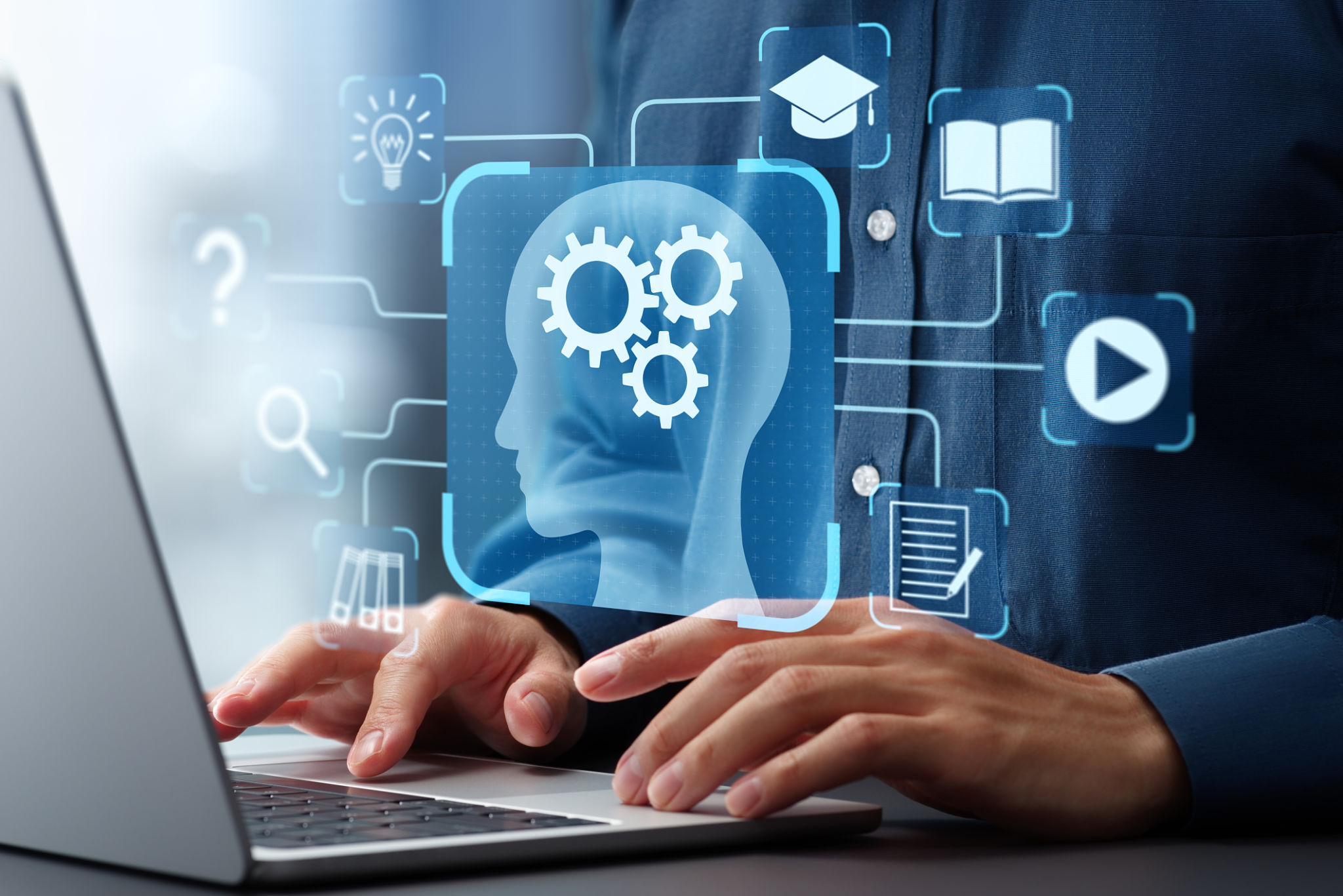Exploring AI Trends in Education: Opportunities and Challenges
The Rise of AI in Education
Artificial Intelligence (AI) is rapidly transforming various sectors, and education is no exception. Schools and universities are increasingly integrating AI technologies to enhance learning experiences, streamline administrative processes, and offer personalized education. This evolution opens up a myriad of opportunities but also presents several challenges that need to be addressed.
AI's potential in education is vast, offering tools that can redefine how students learn and educators teach. From intelligent tutoring systems to automated grading and administrative support, AI applications are making education more efficient and accessible. As AI continues to evolve, understanding its impact on education is crucial for stakeholders at all levels.

Personalized Learning Experiences
One of the most promising opportunities presented by AI in education is the ability to deliver personalized learning experiences. AI systems can analyze a student's learning style, strengths, and weaknesses to tailor educational content accordingly. This customization can lead to improved student outcomes as learners engage with material that suits their individual needs.
Moreover, AI-powered platforms can provide real-time feedback, allowing students to adjust their learning strategies and pace. This immediate response and adaptation ensure that students remain engaged and motivated. Such systems have the potential to significantly reduce dropout rates and improve overall academic performance.

AI in Administrative Tasks
In addition to enhancing classroom experiences, AI can also streamline administrative tasks in educational institutions. Tasks such as scheduling, enrollment management, and even grading can be automated, allowing educators to focus more on teaching and less on paperwork. This efficiency can lead to cost savings and better resource allocation within schools and universities.
AI can assist in resource optimization, ensuring that educational institutions operate smoothly. By predicting trends and analyzing data, AI can help administrators make informed decisions regarding staffing, curriculum development, and facilities management.

Challenges of AI Integration
Despite these opportunities, the integration of AI in education is not without its challenges. One significant concern is data privacy and security. As AI systems rely heavily on collecting and analyzing data, ensuring the confidentiality and protection of student information is paramount. Educational institutions must implement robust security measures to safeguard against data breaches.
Another challenge is the digital divide. Not all students have equal access to technology, which can exacerbate existing educational inequalities. Ensuring that AI tools are accessible to all students, regardless of their socioeconomic background, is essential for equitable education.
Teacher Training and Adaptation
The successful integration of AI in education also requires adequate teacher training and adaptation. Educators must be equipped with the necessary skills to effectively utilize AI tools in the classroom. Professional development programs focused on AI literacy and digital skills are crucial for teachers to adapt to this new educational landscape.
Furthermore, there is a need for educators to adopt a growth mindset towards technology. Embracing change and being open to experimenting with new teaching methods will be key to successfully integrating AI into educational practices.

The Future of AI in Education
Looking ahead, the role of AI in education will continue to expand. As technology advances, new applications will emerge, further transforming teaching and learning processes. It is crucial for educational institutions to stay informed about these developments and proactively adapt to changes.
Ultimately, the integration of AI in education holds great promise for creating more effective, inclusive, and engaging learning environments. By addressing challenges and leveraging opportunities, artificial intelligence can play a pivotal role in shaping the future of education.